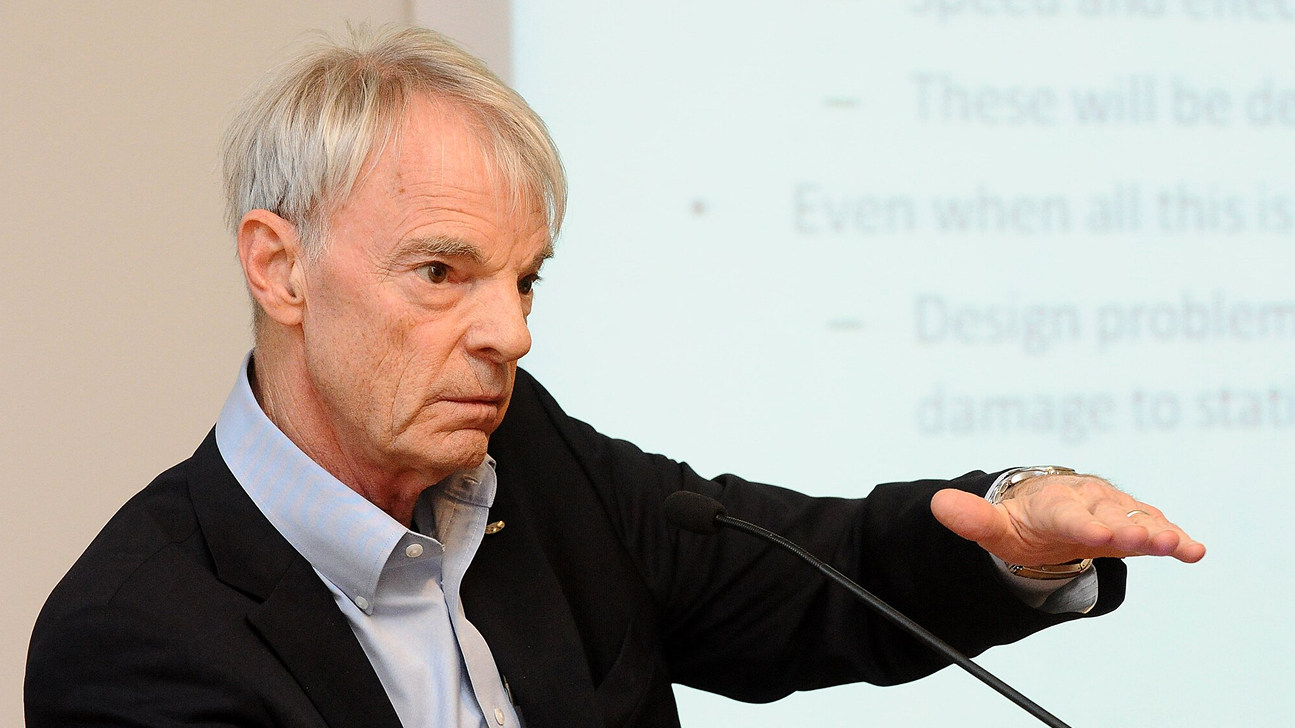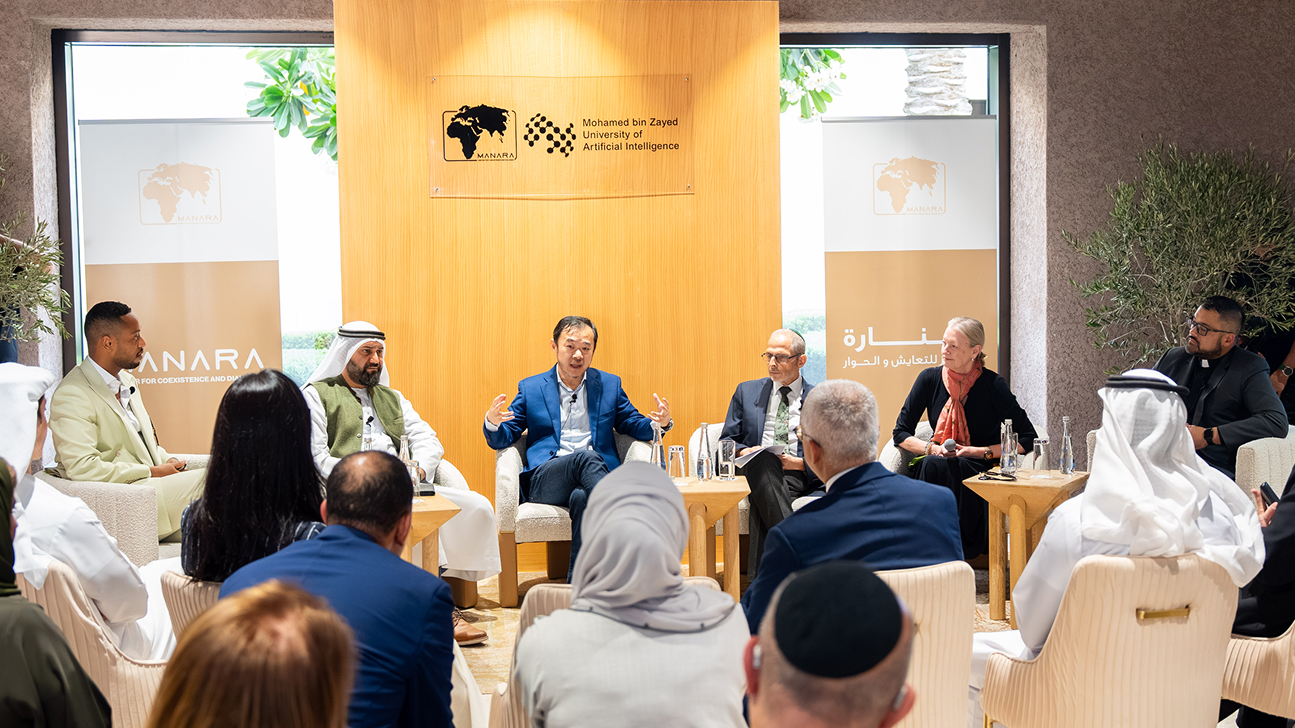Humanizing Technology with Assistive Augmentations
Tuesday, September 03, 2024
The overarching topic of this talk is centred around the design and development of intelligent human-computer interfaces that fundamentally augment human abilities—physical, cognitive, and perceptual, while ensuring that the technology becomes a natural extension of the person. We call this ‘Assistive Augmentation.’ We believe carefully designed Assistive Augmentation can empower people constrained by impairments, to live more independently and even extend one’s perceptual and cognitive capabilities beyond the ordinary.
However, creating such Assistive Augmentations pose a threefold challenge as they require 1) exploring ways to seamlessly integrate into users body or behaviour, 2) deeper understanding of the user so as to provide the right level of support while keeping the user in control 3) holistic design approach to create meaningful applications. Inspired by insights from psychology, human centred machine learning, and design thinking, we have an unprecedented opportunity to design a new generation of Assistive Augmentations. To highlight this, we will present several proof-of-concept Assistive Augmentations such as ‘AiSee’, that allows blind users to access information simply by pointing at objects and asking questions; ‘Prospero’ a memory training assistant that is able to detect when a user can learn more efficiently; ‘MuSS-Bits’, that allows deaf users to feel the music.
Post Talk Link: Click Here
Passcode: Am&F4Uke
Speaker/s
Suranga Nanayakkara is an Associate Professor at the School of Computing and the Director of the Centre for Holistic Inquiry into Lifelong Learning (CHILL) at National University of Singapore. He is also an Honorary Professor at the Auckland Bioengineering Institute, the University of Auckland (UoA) as well as a senior Member & Distinguished Speaker of ACM. Before joining UoA, Suranga was an Assistant Professor at Singapore University of Technology and Design (SUTD) and a Postdoctoral Associate at the Fluid Interfaces group, MIT Media Lab. He received his PhD in 2010 and BEng in 2005 from the National University of Singapore. In 2011, he founded the ""Augmented Human Lab"" to explore ways of designing intelligent human-computer interfaces that fundamentally augment our human capabilities. With publications in prestigious conferences, demonstrations, patents, media coverage and real-world deployments, Suranga has demonstrated the potential of advancing the state-of-the art in Assistive Human-Computer Interfaces. For the totality and breadth of achievements, he has won many awards including young inventor under 35 (TR35 award) in the Asia Pacific region by MIT TechReview, Outstanding Young Persons of Sri Lanka (TOYP), INK Fellowship and Research Excellence Medal at University of Auckland.
Related
Nobel Laureate Michael Spence on how AI is redefining the global economy
Nobel Prize-winning economist Michael Spence explains how AI is reshaping the economic landscape and what is needed.....
- digital policy ,
- governance ,
- Nobel Prize ,
- guest talk ,
- guest lecture ,
- economics ,
- Economy ,
- Undergraduate ,
Understanding faith in the age of AI
MBZUAI hosted a panel discussion in collaboration with the Manara Center for Coexistence and Dialogue focused on.....
- connection ,
- discussion ,
- religion ,
- spirituality ,
- faith ,
- conversation ,
- panel ,
- Human–computer interaction ,

